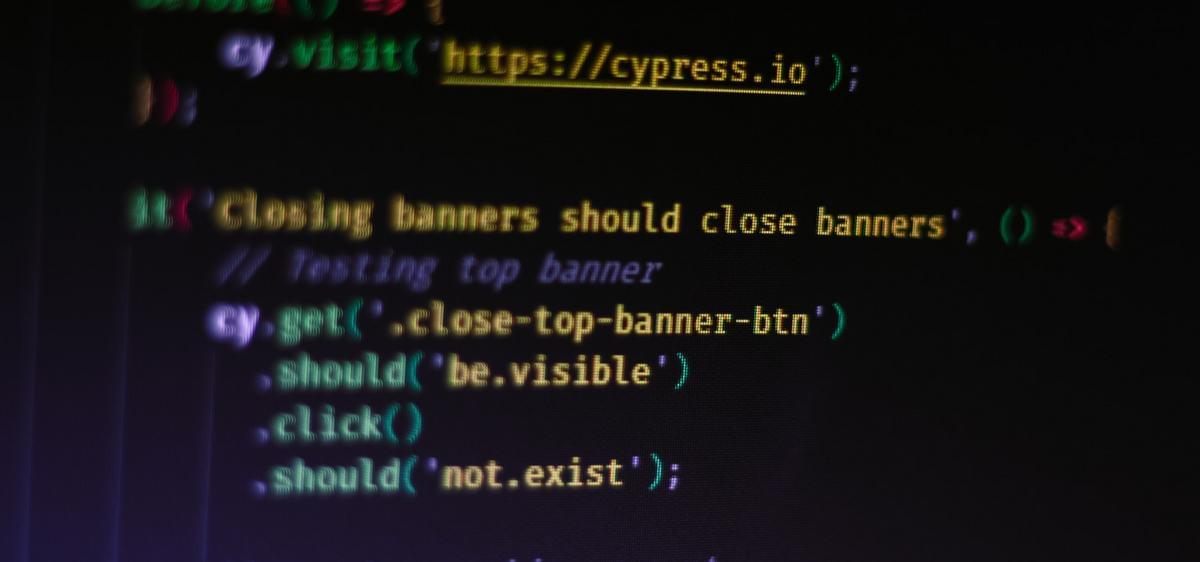Express Project Setup
Post number 01 of a series of posts on writing and Express Sequelize API server.true

Post number 01 of a series of posts on writing and Express Sequelize API server.
Code reference: [Git Commit]https://github.com/IanTeda/express-sequelize-api/commit/1e86eda81472d4c9ccc26fe0782eb9353a944e2b
Create Github Repository
Start by creating a new repository on Github, initialising it with
- A readme file
- A .gitignore file for node
- A MIT license

Screen Shot - Github initialisation options
Clone Repository Onto Local Machine
Grab the repository https link, open up your favourite terminal and navigate to the root code workspace folder.
Clone the previously created remote project repository and change directory into new local repository
git clone git clone https://github.com/IanTeda/express-sequelize-api.git
cd express-sequelize-api
Clone Repository & Change Directory in Local Repository
Create NPM Package
npm is the package manager for Node.js.
Once we have cloned the repository, it is time to setup the npm package.json file by initialising npm
npm init
Terminal command to initiate npm package.json The command will ask you a set of questions to pre-populate the package.json
package name: (express-sequelize-api)
version: (1.0.0) 0.1.0
description: Express Sequelize API Template
entry point: (index.js) src/app.js
test command:
git repository: (https://github.com/IanTeda/express-sequelize-api.git)
keywords: Express, Sequelize, RESTful, API
author: Ian Teda <ian@teda.id.au>
license: (ISC) MIT
NPM init questions After you have answered the questions npm will generate a package.json file similar to the below.
{
"name": "express-sequelize-api",
"version": "0.1.0",
"description": "Express Sequelize API Template",
"main": "src/app.js",
"scripts": {
"test": "echo \"Error: no test specified\" && exit 1"
},
"repository": {
"type": "git",
"url": "git+https://github.com/IanTeda/express-sequelize-api.git"
},
"keywords": [
"Express",
"Sequelize",
"RESTful",
"API"
],
"author": "Ian Teda <ian@teda.id.au>",
"license": "MIT",
"bugs": {
"url": "https://github.com/IanTeda/express-sequelize-api/issues"
},
"homepage": "https://github.com/IanTeda/express-sequelize-api#readme"
}
npm init generated package.json file
Setup Babel
Babel is a toolchain that is mainly used to convert ECMAScript 2015+ code into a backwards compatible version of JavaScript
Next we want to setup babel so we can write in ECMAScript
Install the required babel packages.
npm install --save-dev @babel/core @babel/node @babel/preset-env @babel/plugin-transform-runtime
Terminal command to install npm packages for babel Now we have the required packages install lets configure the project to use babel with the .babelrc file
*./.babelrc*
{
"presets": [
"@babel/preset-env"
],
"plugins": [
"@babel/transform-runtime"
],
"sourceMaps": "inline",
"retainLines": true
}
Setup Nodemon
Nodemon is a utility that will monitor for any changes in your source and automatically restart your server. Perfect for development.
To save us having to restart the express server every time a file changes, we are going to use Nodemon to help us out.
npm install --save-dev nodemon
Terminal command to install the required Nodemon npm package Now that the Nodemon package is install we need to configure the project to use it with through the nodemon.json configuration file
*./nodemon.json*
{
"watch": [
"package.json",
"nodemon.json",
".eslintrc.json",
".babelrc",
".prettierrc",
"src/"
],
"verbose": true,
"ignore": ["*.test.js", "*.spec.js"]
}
Commit Changes to Git and Push to Remote
Now we need to commit the changes to the repository
git add .
git commit -m "Initial project setup"
git push -u origin main
Terminal command to commit file changes to repository
